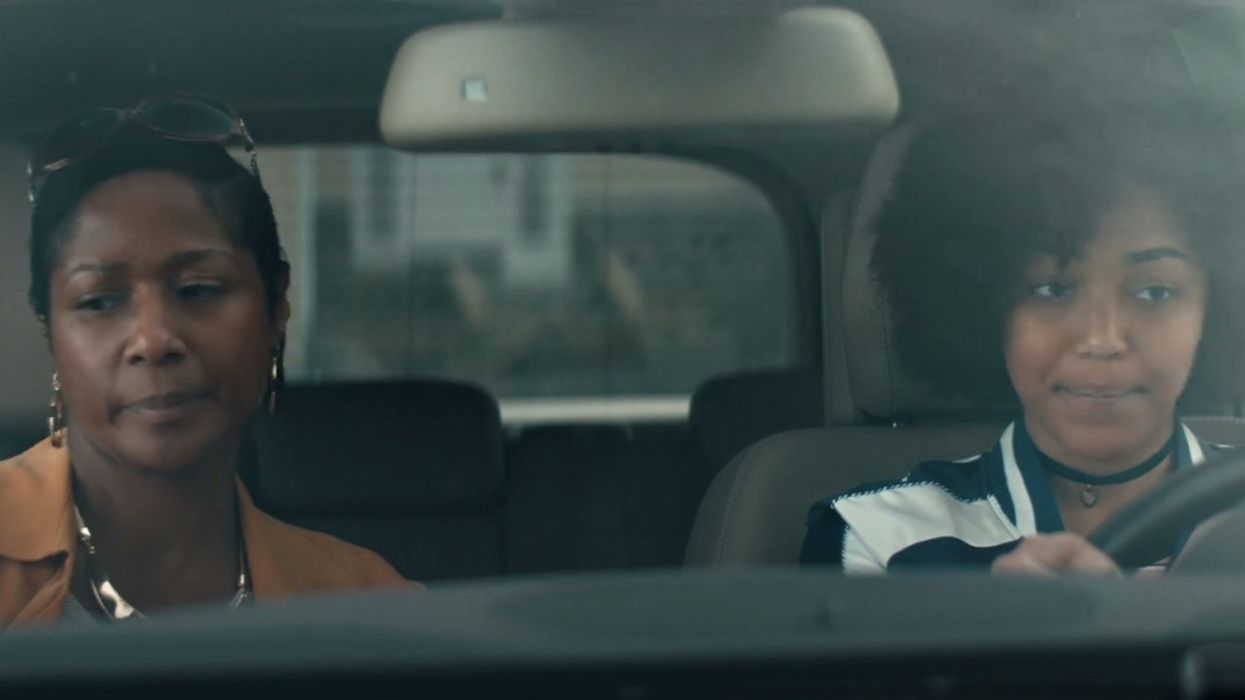
Image source: YouTube screenshot

Petition says definitions using words such as 'dirty,' 'wicked,' and 'evil' are 'offensive and derogatory'
Procter & Gamble is calling for dictionaries to "redefine" the word "black."
The corporate giant — through its My Black is Beautiful campaign for black women — recently launched a #RedefineBlack petition on DoSomething.org.
The petition says the problem is "words like 'dirty,' 'wicked,' and 'evil' are offensive and derogatory" and "are still being used in the dictionary to define the word 'Black'/'black.' These words negatively impact the perception of Black beauty and culture."
The petition goes on the say the solution is acknowledging "words matter" and then offers a clarion call: "Let's change the definition of 'Black'/'black' in all dictionaries and remove negative definitions or associations."
Lela Coffey, brand director of multicultural beauty at P&G, told CNBC that "we talked with some professors about the issue and the effect that words have on people. We started to wonder if this was something we could change."
As of Monday afternoon, Merriam-Webster's online dictionary uses an example phrase — "His face was black with rage" — higher up in the definition for the adjective "black" than people's skin color or racial identity. Its definition sections use predominantly negative words and phrases related to the adjective "black" as well:
Merriam-Webster on Monday didn't immediately reply to TheBlaze regarding if the campaign contacted the iconic dictionary, and if so, what Merriam-Webster will do with its "black" definition.
But the #RedefineBlack campaign influenced Dictionary.com to update its definition of "black," CNBC said.
"If you look on Dictionary.com today, the adjectival sense of Black that refers to people is the third sense on the page," a Dictionary.com blog post said. "Currently this definition sits right above a definition that reads 'soiled or stained with dirt.' While there are no semantic links between these two senses, their proximity on the page can be harmful. It can lead to unconscious associations between this word of identity and a negative term. These are not associations we want anyone to get from Dictionary.com, and so we will be swapping our second and third senses on the page."
The blog added that Dictionary.com also will capitalize Black throughout the entry used in reference to people. "Why capitalize Black in this context?" the blog asked. "It is considered a mark of respect, recognition, and pride. This is common practice for many other terms used to describe a culture or ethnicity. Not capitalizing Black in this context can be seen as dismissive, disrespectful, and dehumanizing."
Dictionary.com said the changes will be taking place later this year.
Coffey told CNBC she hopes phrases black people use to describe themselves — such as "black is beautiful" — will be placed in dictionary definitions.
Previously Procter & Gamble released an ad through its My Black Is Beautiful campaign featuring a black parents talking to their children about racial issues. In one scene a mother talks to her teenage daughter about "when" she will get pulled over by police.
The Talkyoutu.be